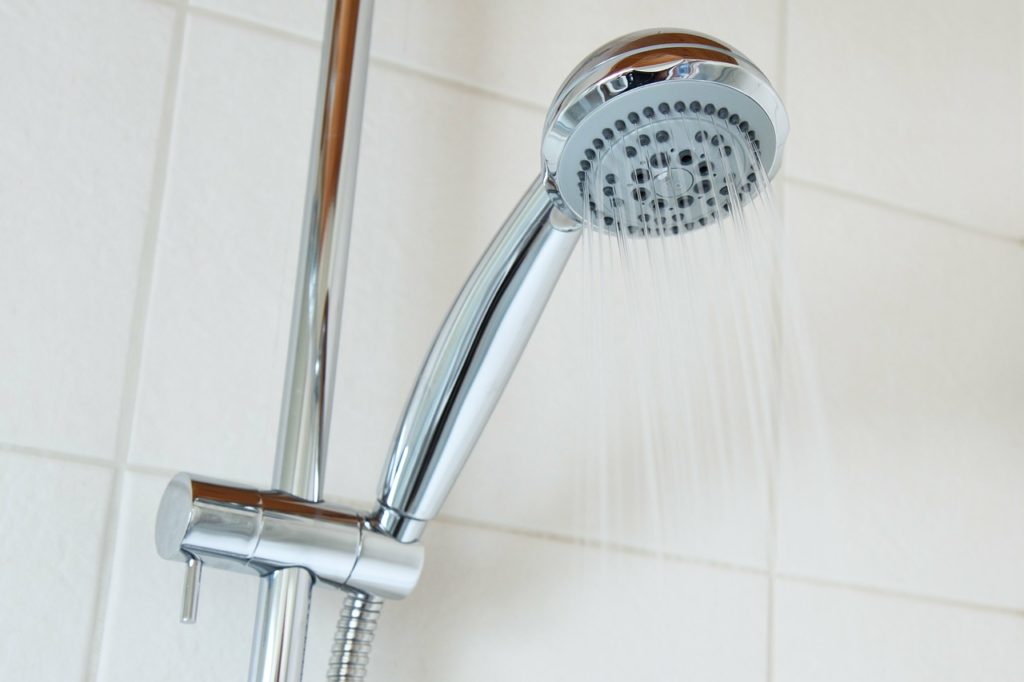
Many homeowners do not think much of their hot water system until a failure occurs. But once the system is not working correctly, it becomes clear quite quickly just how important your hot water system is to your home. The good news is that regular attention and maintenance can protect you from experiencing unexpected problems with your hot water heater.
Many water heater manufacturers suggest you flush the tank in your water heater once each year. However, twice a year is more likely needed to ensure you do not experience unexpected problems with your water heating system. You should begin the process by releasing a few gallons of the water from your heating system into a bucket. You can now examine the water for signs of dirt and debris.
If you detect a substantial amount of dirt and debris in the water your release from your water heater, complete cleaning of the water heater is needed. Accumulated debris in your water heater will make it less efficient and cost you more money to heat the water in your home.
Some new water heater models possess self-cleaning capabilities but you should still examine the water in your system from time to time to ensure everything is working properly.
Check and Replace the Anode Rod
The anode rod is an important piece of metal located inside your water heater that prevents the system from being damaged by rust. The anode rod accomplishes this by attracting rust and corrosion to itself in order to protect the interior of the tank. However, once the anode has taken on all the rust and corrosion that is possible, your tank can begin to rust and experience damage that cannot be reversed.
You should check the anode rod at least once a year. You can employ the services of a reputable plumber like Conrad Martens Hot Water Brisbane to replace the rod if you see an abundance of rust. The typical anode rod will last you from three to five years.
Use a Water Softener
The mineral content of water can be quite a bit higher in some areas than in others. Water that is high in mineral content is commonly referred to as hard water. When hard water is present in the tank of your water heater, mineral deposits can be left along the sides and bottom of your tank. Over time, these mineral deposits can damage the inside of your tank and negatively affect the life expectancy of your water heating system. If you live in an area where hard water is known to exist, you can use a water softener to protect your hot water system from potential damage.
Install an Expansion Tank
When water is heated, it will begin to expand. Water heaters that are located in a closed system that does not provide for backflow, does not provide a place for the water in the tank to go once it begins to expand. Heating and then reheating water repeatedly within the tank will eventually lead to the tank being damaged by the constantly changing water pressure.
You can reduce the wear and tear on your system by adding an expansion tank. An expansion tank will provide a place for the heated water to go and reduce the damage that is caused by excess water pressure.
Pay Attention to Gas Lines
It is important to regularly inspect any gas lines that lead to and from your water heater. Look carefully for any corrosion or cracks in a gas line and replace the line if visible damage is present. You should also be sure there are no gas leaks in any gas line that leads to your water heater. If a leak is detected, you should cut the power to the system and call in a professional to fix the problem.
Final Thoughts
The importance of your hot water system to the function of your home cannot be overstated. Unfortunately, most homeowners rarely think of their water heater until it is no longer functioning properly. A proactive approach to maintaining the health and lifespan of your water heater will both save you money and protect you from the headaches of an unexpected malfunction in the future.









